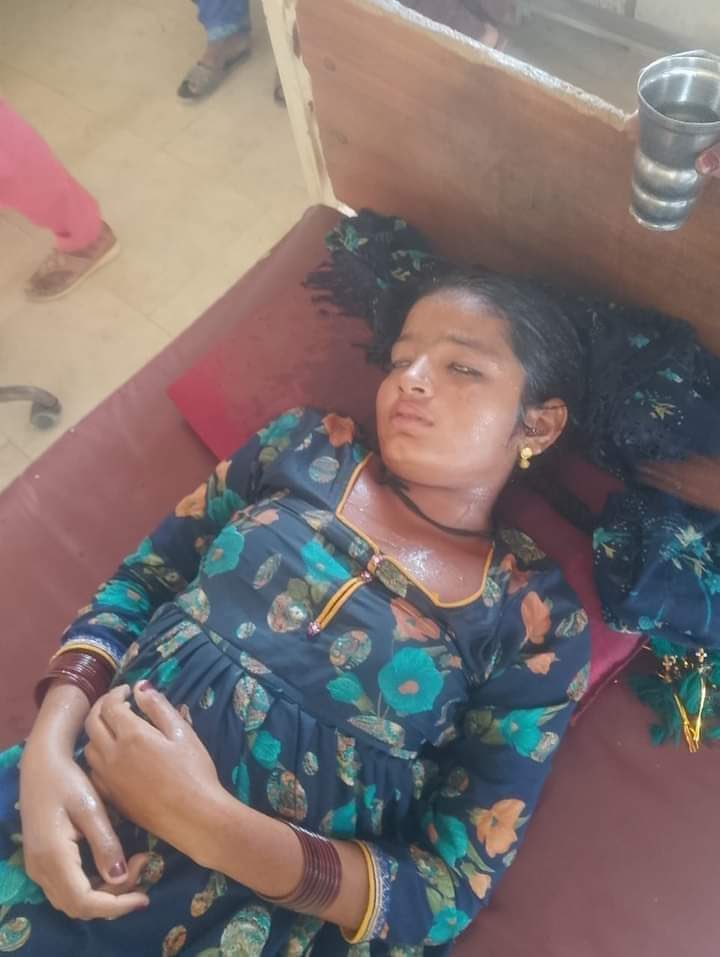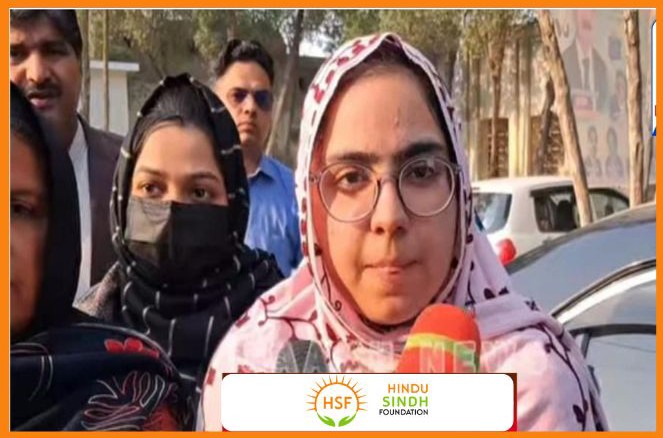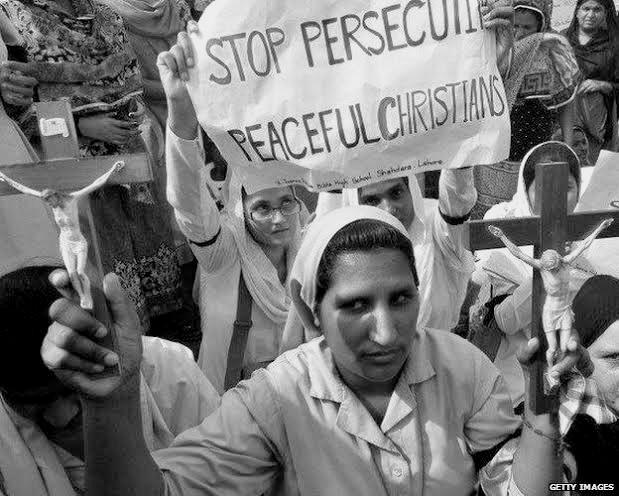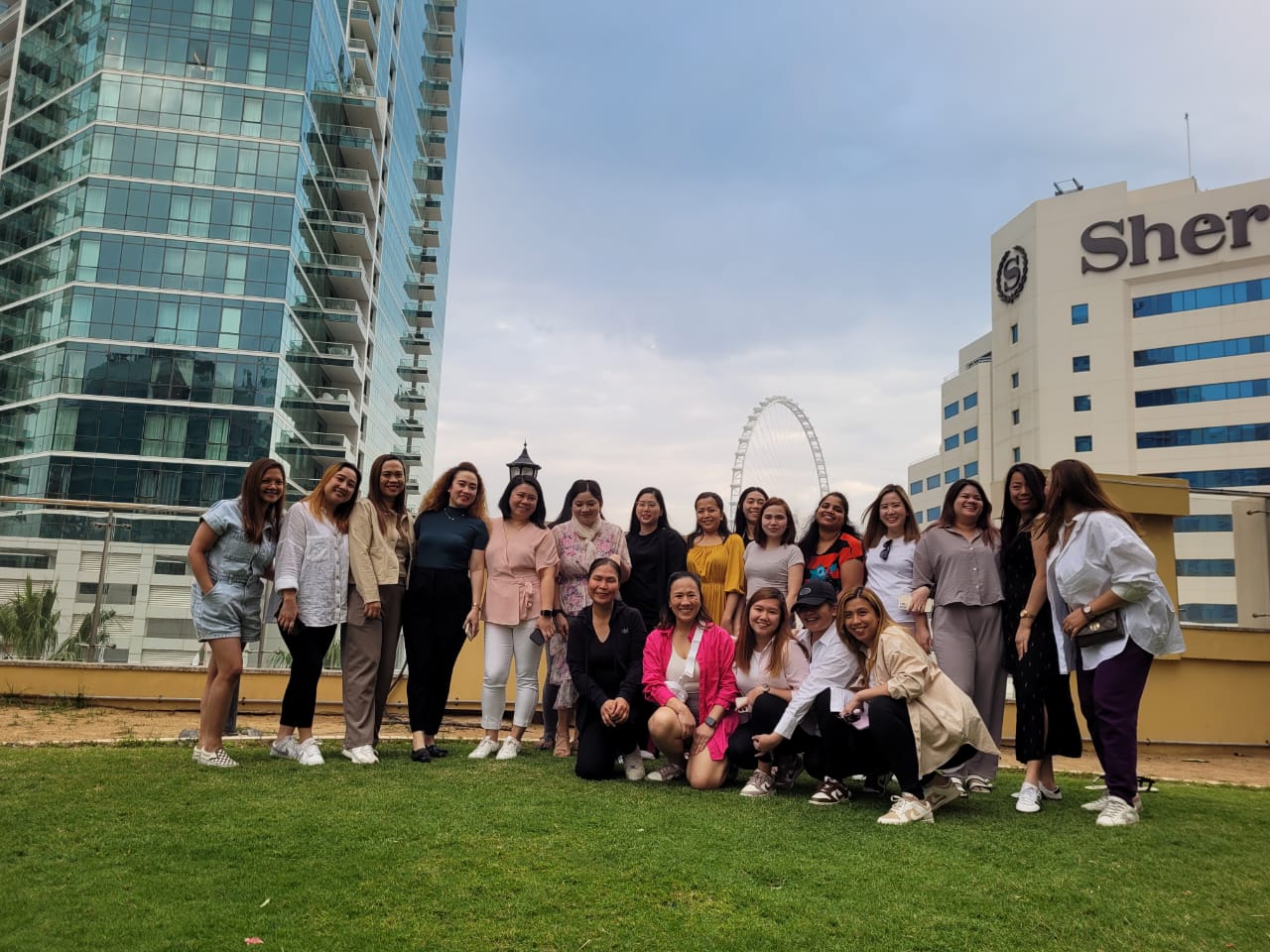October 29, 2024 morning, the Sindhri area of Mirpurkhas, Sindh. was shaken by a tragic and appalling incident that has drawn widespread condemnation and outrage. A young Hindu girl named Keshubai was brutally raped and killed, allegedly by a group of Muslims men. This heinous crime has not only left her family devastated but has also ignited a fervent demand for justice from her community and human rights advocates.
Instead of swiftly apprehending the perpetrators of this horrific act, the local police took an alarming step by arresting the relatives of Keshubai and filing an FIR against them. This response has raised serious questions about the integrity of law enforcement and their commitment to protecting the rights of minority communities in Pakistan. The relatives, who are already mourning the loss of their beloved daughter, now find themselves ensnared in a legal battle, further compounding their grief.
The community’s demand for accountability has been vocal and persistent. Local residents and Keshubai’s family are calling upon the Inspector General of Sindh to take immediate notice of the situation and ensure that the main accused in the case are brought to justice. The outcry has resonated across social media platforms, with hashtags like #JusticeForHinduGirls and #SaveMinoritiesInSindh gaining traction as advocates seek to raise awareness about the plight of minority women in the region.
This incident is not just an isolated case; it reflects a broader pattern of violence against minority women in Pakistan. The systemic failure to protect these women and hold their aggressors accountable speaks to the urgent need for reform within law enforcement and the judicial system. The fear of retribution and social stigma often silences victims and their families, leaving them vulnerable and without recourse.
As the community rallies for justice, it is imperative that the authorities heed their calls. The arrest of the rightful suspects, rather than the victims’ families, is not just a demand for justice; it is a demand for basic human rights and dignity. The lives of minority women must be valued, and their voices must be heard.
In conclusion, the tragic fate of Keshubai serves as a somber reminder of the urgent need for change in Pakistan’s approach to violence against minority communities. It is a call to action for all stakeholders—government officials, law enforcement, and civil society—to unite in the fight against injustice. Only through concerted efforts can we hope to create a society where every individual, regardless of their faith or background, can live free from fear and violence. Let us stand together in solidarity for Keshubai and all those who have suffered in silence.

For more updates and detailed coverage of this case and other issues affecting the Hindu and Sindhi communities in Sindh, Pakistan, stay tuned to Sindh Renaissance.






